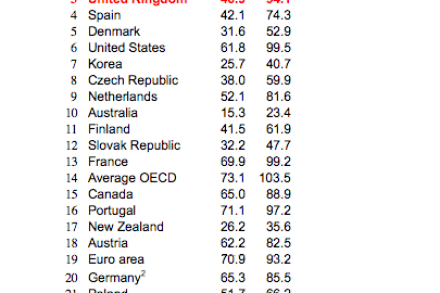And so it rumbles on…
Expenses, expenses, expenses. This morning’s Telegraph splashes with the news that the junior culture minister Sion Simon paid over £40,000 in taxpayers’ cash to his sister. How so? Well, he rented a London flat from her between 2004 and 2008, and claimed against it as his “second home”. Problem is, the practice of renting a property from a family member at taxpayers’ expense was banned in 2006. Simon has since said he’ll pay back the money that he “inadvertently” claimed. Aside from the fact that it’s yet another example of, at best, gross error on a politician’s part, two other details stand out. First, as the Telegraph puts it, “Mr




















